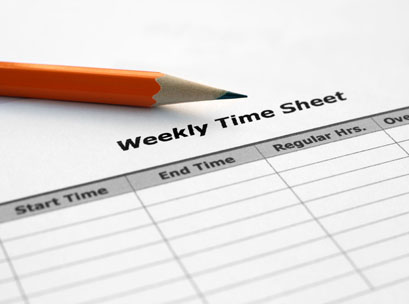 Cuts to penalty rates have been linked to lower retail spending in a new report by a left-leaning think tank.
Cuts to penalty rates have been linked to lower retail spending in a new report by a left-leaning think tank.
A Fair Work Commission decision to reduce penalty rates for retail, hospitality, fast food and pharmacy workers came into effect in July and will be gradually phased in until 2020.
The McKell Institute report released on Tuesday has examined the impact of lower Sunday and public holiday rates on national growth trends.
It says there is some correlation between the reduction in take-home pay and a fall in overall consumer spending.
“Despite claims that (cutting) penalty rates will increase economic activity, retail turnover has seen a stand-still with sales showing zero per cent growth,” the report says.
While Labor have seized on the findings to attack the government, Prime Minister Malcolm Turnbull has previously said he respects the commission’s independent decision.
Earlier in the year, Turnbull cited strong evidence lower penalty rates would provide economic benefits to businesses and workers while creating jobs.
While conceding the penalty rate reductions are in their infancy, the McKell report says there is evidence of lower consumer consumption has coincided with the cuts, negatively impacting economic growth trends.
Consumer spending flat lined in the September quarter, the first period since the commission’s decision came into effect.
The authors suggest the reduction in take-home pay has reduced workers’ capacity to spend and is yet to boost jobs in the accommodation and food services sector.
Access exclusive analysis, locked news and reports with Inside Retail Weekly. Subscribe today and get our premium print publication delivered to your door every week.





